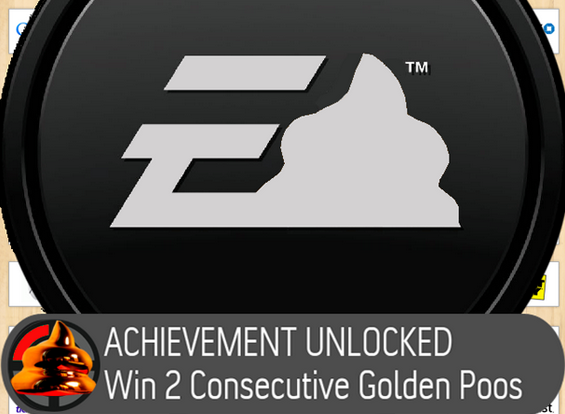EA has their own program, called "Ronku" that promised some creators $10 CPM ($10 for every 1,000 views) up to a total of $200,000 for a full 20 million view Battlefield 4 promotional campaign. These images surfaced on NeoGAF yesterday.
As you can see, the promotions outlined in the above images focus on "Cross the Line" moments in Need for Speed Rivals and Battlefield 4. However, previous promotions also seem to have included games such as FIFA 14, Madden NFL 25, NHL 14, and Plants vs. Zombies 2.
Additional stipulations said that footage could only come from next-gen consoles or PC, the commentary should not highlight major bugs in the game.
The major sticking point here is the following clause:
"You agree to keep confidential at all times all matters relating to this Agreement and any Assignment including, without limitation, the Details and Compensation listed above."
Again, this was the major issue with Microsoft's sneaky promotional push with content creators. Again, as the videos did not disclose that they were promotional in nature is both unethical and against the FTC's guidelines on disclosure. Essentially, that says that those endorsing a product need to very clearly make it known to their audience that they are paid shills for a product (or service).
EA issued a statement to the Verge about the program.
"Through EA's Ronku program, some fans are compensated for the YouTube videos they create and share about our games," a company spokesman confirms. "The program requires that participants comply with FTC guidelines and identify when content is sponsored. User-generated videos are a valuable and unique aspect of how gamers share their experiences playing the games they love, and one that EA supports."
When asked whether participants truly can and have disclosed their relationship in the face of any non-disclosure agreements they might have signed, EA would only say: "We explicitly state in the Terms & Conditions of the program that each video must comply with the FTC's Guidelines concerning Use of Testimonials and Endorsements in Advertising."
When asked whether participants truly can and have disclosed their relationship in the face of any non-disclosure agreements they might have signed, EA would only say: "We explicitly state in the Terms & Conditions of the program that each video must comply with the FTC's Guidelines concerning Use of Testimonials and Endorsements in Advertising."
Though when the creators are restricted to not talking about important negative aspects about the program that they are being substantially compensated for, well... That is to say, they either found a loophole in the guidelines or they are as close to the line as they can get without stepping over.
As for the issue with Microsoft and Machinima, Microsoft says their partnership was "a typical marketing partnership." You can be your own judge on that one.





